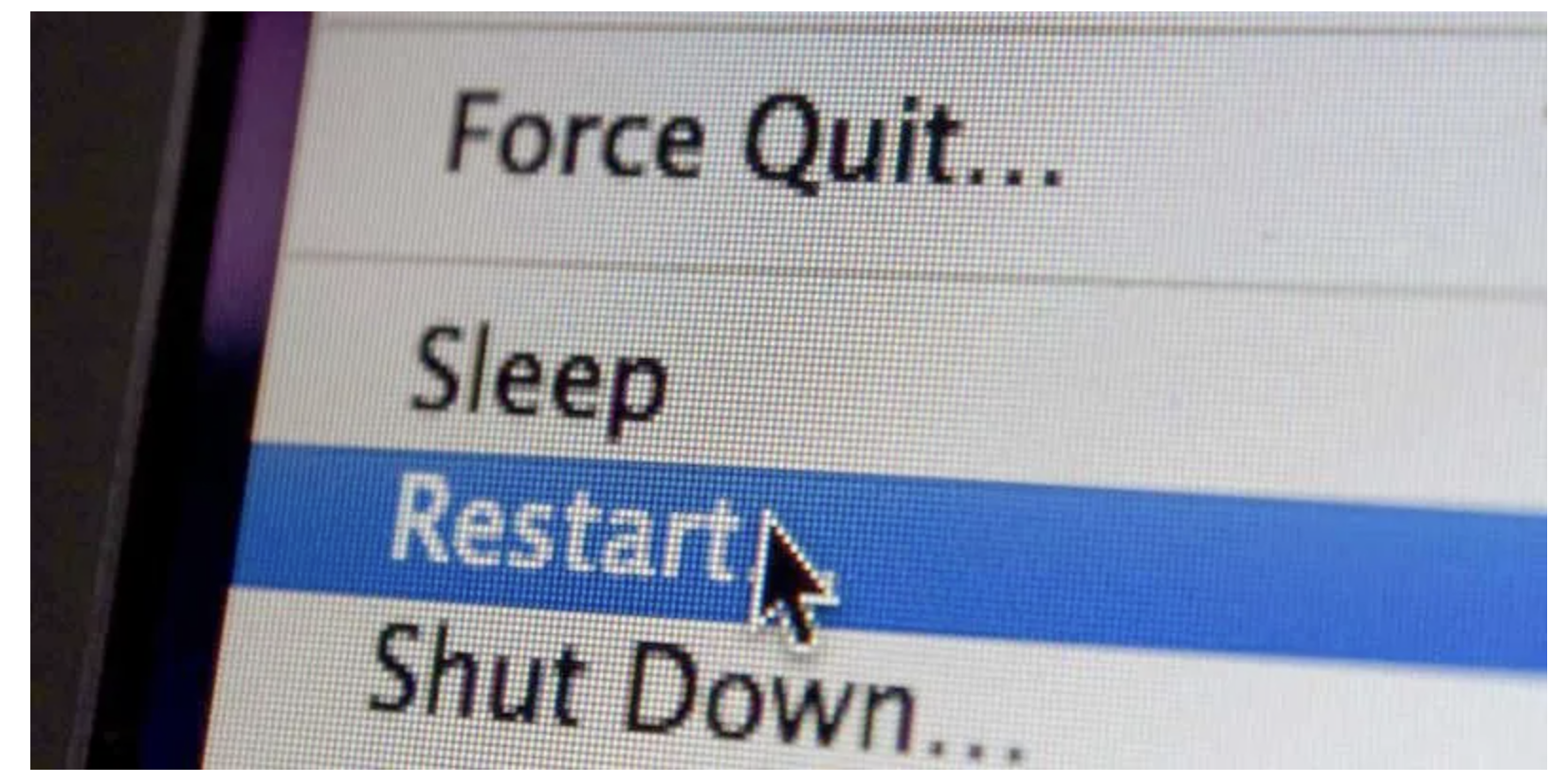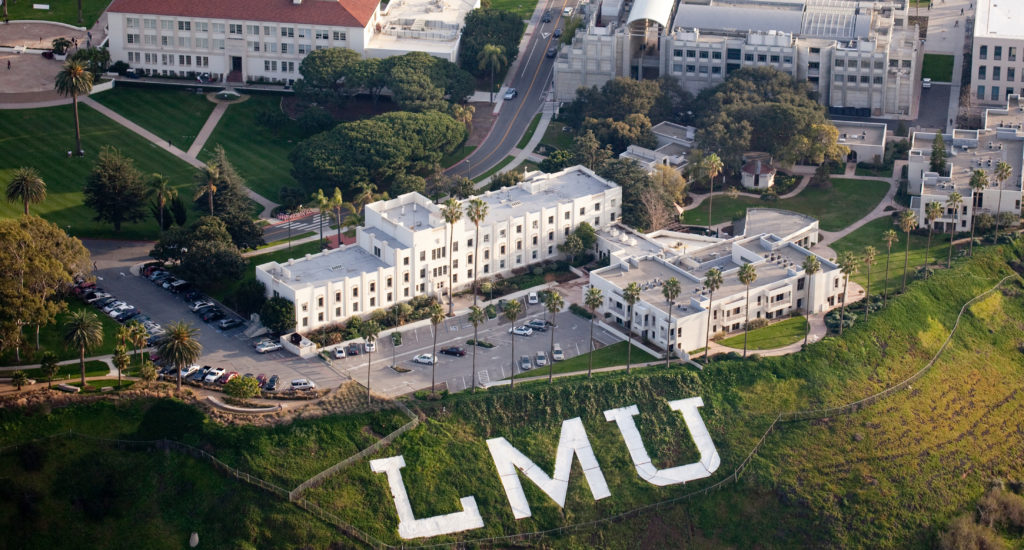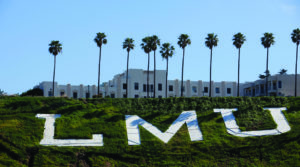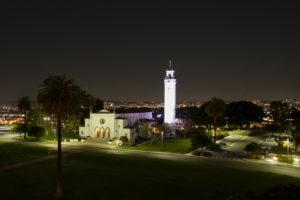By Jennifer Abe
Vice President for Diversity, Equity, and Inclusion
“I am so tired of waiting,
aren’t you,
for the world to become good
and beautiful and kind?”
— from “Tired,” by Langston Hughes
Identifying the problem. On my computer screen, the dreaded multihued circle spins around and around, making it impossible to do any work. I send an email to the ITS Helpdesk and they respond with an initial question, “Have you tried shutting it down?” No, I haven’t. OK, I get it. There are too many windows open, too many documents representing the multitude of tasks before me, and I can’t remember the last time I turned the whole thing off. My computer can’t function like that anymore. Neither can I.
It is time to restart.
Relating to Anti-Racism. The work of anti-racism is critical to our functioning as a university aspiring to live into its mission and its new, visionary strategic plan. Anti-racism work is also never ending in what it demands of us to truly become people for and with others. To value each other in all our humanity is sometimes easier in principle than in everyday practice. We will restart the work we began with the Anti-Racism Project last year by paying attention to each other, to where we are each at as we begin a highly anticipated academic year back on campus. We will also begin planning events, changing institutional practices, and engaging in conversations from last year, picking up where we left off.
Pausing. We are buoyed by the sight of students on campus, heartening signs of life returning to the buff, and are truly gladdened. Yet, in the midst of feeling encouraged, maybe there is still a sense of unease, dislocation even. Where are we in this pandemic? How do we make sense of events in the world — Afghanistan, climate change, racial injustice, wildfires — as we begin anew together? And how do we begin anew, when so many of us are starting from a place of depletion and a sense of loss that also gets mixed into feeling pressed for time and mental space?
There are no great answers to these questions, and it is not easy to make sense of our world. At least, not in this moment. Still, we begin again. We restart to find sources of renewal. To center ourselves in hope, resilience, and resistance against despair. This kind of restart is as important as any of the many tasks that await us.
Focus. For the second year of the Anti-Racism Project at LMU, we are focusing on “Building Capacity and Collaboration,” a theme emerging out of the systemic analysis process from last year. Our work in building capacity is not just about workshops and developing awareness, knowledge, and skills, although this is also important (CTE and DEI offer a wide menu of options here). Our emphasis is on building relationships so that we nurture a sense of community and collaboration as an intentional foundation for our anti-racism work at the university. To help remind us all that we are not alone in the struggle for justice, for growing in faith, or becoming healthier human beings, in whatever way we find our individual meaning for our shared journey. These relationships will serve as a source of renewal and energy for us all as we progress. So, we send our roots down deep, building the relationships that can nourish and sustain us for the long term. This represents the primary focus of our efforts this year — taking care with our relationships and finding renewal as we build our anti-racism capacity and collaborations for the long-term.
Coda. Check out the action steps identified by different units on campus on the accountability page. We will start bi-weekly report-out sessions to learn about each other’s efforts in October, on Tuesdays from 4-5 p.m. If your unit wants a DEI briefing, let us know (DEI@lmu.edu).




